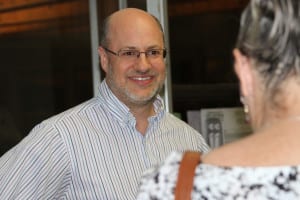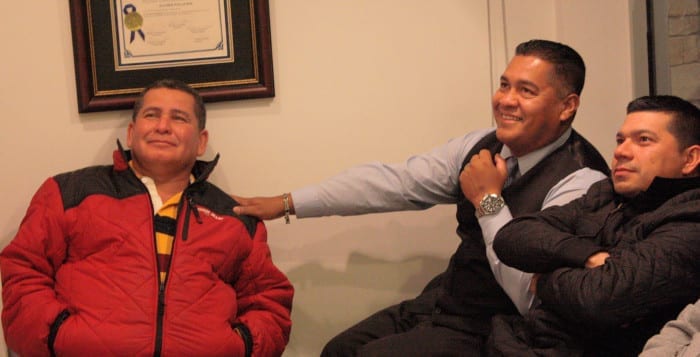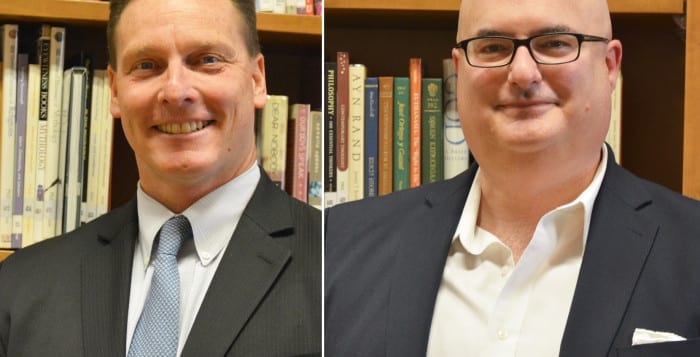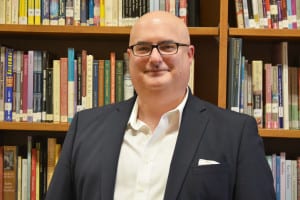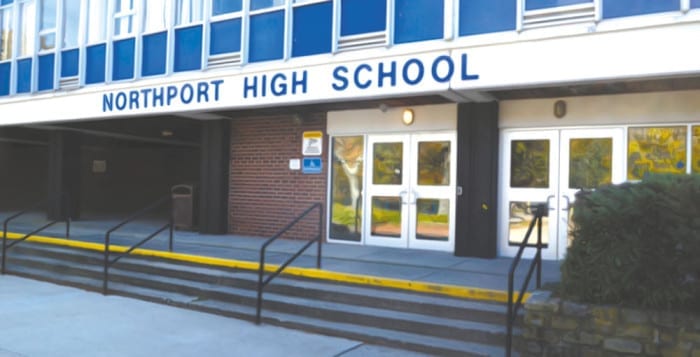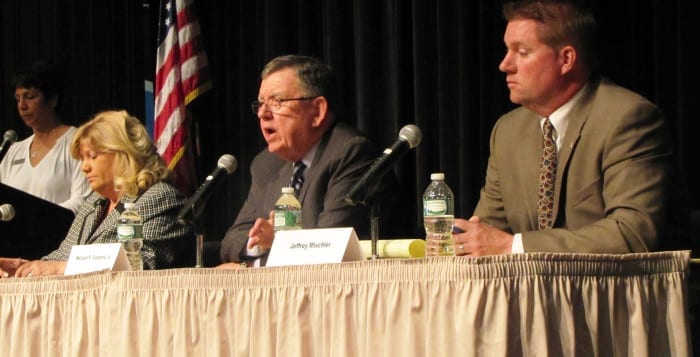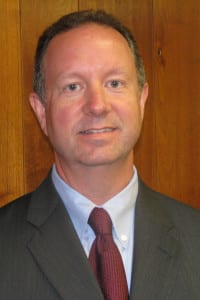Cold Spring Harbor
Voters passed a $64 million budget, 335 votes to 130. Proposition 2, to spend capital reserve money on various projects, passed 318 to 107. Proposition 3, to establish a new capital reserve fund, passed 314 to 114. Board President Anthony Paolano and Trustee Ingrid Wright ran unopposed for re-election and received 366 and 359 votes, respectively.
Commack
Community members passed Commack’s $185 million budget 1,927 to 575.
Comsewogue
The district’s $85.2 million budget passed, 1,024 to 204. Proposition 2, to add bus service for 38 John F. Kennedy Middle School students, passed 1,096 to 134. Three people ran unopposed for board seats and were elected, board President John Swenning, Trustee Rick Rennard and newcomer Louise Melious.
Harborfields
An $80.5 million budget passed with 82.5 percent voter support. Voters also supported a proposition on the ballot to establish a new capital reserve fund, with 79.4 percent in favor. Incumbents Donald Mastroianni and board President Dr. Thomas McDonagh were returned to the board, and voters elected newcomer Suzie Lustig. Candidates Chris Kelly and Colleen Rappa fell short.
Hauppauge
Voters passed the district’s proposed budget, 1,458 to 442. Michael Buscarino and Stacey Weisberg were elected to the board with 1,098 and 1,122 votes, respectively. Candidate Susan Hodosky fell short, with just 984 votes.
Huntington
A $120.3 million budget passed, 1,228 votes to 301. Proposition 2, to spend just over $1 million in capital reserve monies to pay for state-approved projects, passed 1,252 votes to 251. Four people ran unopposed for re-election or election: board President Emily Rogan got 1,193 votes, board members Xavier Palacios and Tom DiGiacomo received 1,139 votes and 1,185 votes, respectively, and newcomer Christine Biernacki garnered 1,189 votes. Rogan, Biernacki and DiGiacomo won three-year terms. As the lowest vote-getter, Palacios will serve the remaining two years on a term of a vacated seat.
Kings Park
Voters passed an $84.7 million budget, 2,065 to 577. A second proposition on the ballot, regarding a school bus purchase, passed 1,998 to 542. A third proposition, regarding a capital project to replace the high school roof, passed 2,087 to 455. Incumbent Diane Nally was re-elected to the board with 1,821 votes, while newcomer Kevin Johnston was elected with 1,886 votes. Incumbent Charlie Leo fell short in his re-election bid, garnering 1,108 votes.
Middle Country
Middle Country’s $236 million budget passed, with 1,863 votes in favor and 579 against. All three school board incumbents — President Karen Lessler and Trustees Jim Macomber and Arlene Barresi — were running unopposed and were re-elected to their seats.
Miller Place
Newcomer Keith Frank won a seat on the school board, edging out candidate Michael Manspeizer, 781 to 287.
“I’m just looking forward to the next three years,” Frank said. “I have big shoes to step into.”
Residents also passed the district’s $70 million budget, with 964 voting in favor and 262 voting against.
Board President Michael Unger said voter turnout was low “as a result of a good budget and good candidates.”
Mount Sinai
Voters approved the $56.7 million budget with 1,241 in favor and 316 against. Newcomer Michael Riggio was elected to the board with 993 votes, followed by incumbent Lynn Capobiano, who garnered 678 for re-election to a second term. John DeBlasio and Joanne Rentz missed election, receiving 624 and 321 votes, respectively.
Northport-East Northport
The $159.6 million budget passed, 3,281 to 788. Proposition 2, to spend $1.2 million in capital reserves, passed 3,561 to 504. Incumbent David Badanes, former trustee Tammie Topel and newcomer David Stein were elected to the board, with 2,446 votes for Badanes, 2,130 for Topel and 2,548 for Stein. Incumbent Stephen Waldenburg Jr. fell short of re-election, with 1,290 votes. Newcomers Peter Mainetti, Josh Muno and Michael Brunone missed the mark as well, with Mainetti garnering 1,018 votes, Muno receiving 542 votes and Brunone getting 1,039 votes.
Port Jefferson
Voters passed a $42.4 million budget, 491 to 130. Proposition 2, to create a new capital reserve fund that would help replace roofs throughout the district, passed with 467 votes in favor and 122 against.
Trustee Vincent Ruggiero was re-elected to the board with 468 votes. Write-in candidates Tracy Zamek, a newcomer, and Trustee Mark Doyle were elected with 246 and 178 votes, respectively. There were a number of other community residents who received write-in votes, including former board member Dennis Kahn, who garnered 58 votes.
Rocky Point
The $78.7 million budget passed with 788 votes in favor and 237 against. Board Vice President Scott Reh was re-elected to a third term, with 679 votes. Newcomer Ed Casswell secured the other available seat with 588 votes. Candidate Donna McCauley missed the mark, with only 452 votes.
Shoreham-Wading River
The school budget passed, 910 to 323. Michael Fucito and Robert Rose were re-elected to the school board, with 902 and 863 votes, respectively.
Smithtown
Smithtown’s $229.5 million budget passed, 2,582 to 762. School board President Christopher Alcure, who ran unopposed, was re-elected with 2,295 votes, while newcomer Jeremy Thode was elected with 2,144 votes. MaryRose Rafferty lost her bid, garnering just 860 votes. A second proposition on the ballot, related to capital reserves, passed 2,507 to 715.
Three Village
Voters passed a $188 million budget, 2,401 to 723. Incumbents William F. Connors, Jr. and Deanna Bavlnka were re-elected, with 2,200 and 2,052 votes, respectively. Challenger Jeffrey Mischler fell short, garnering only 1,095 votes.
